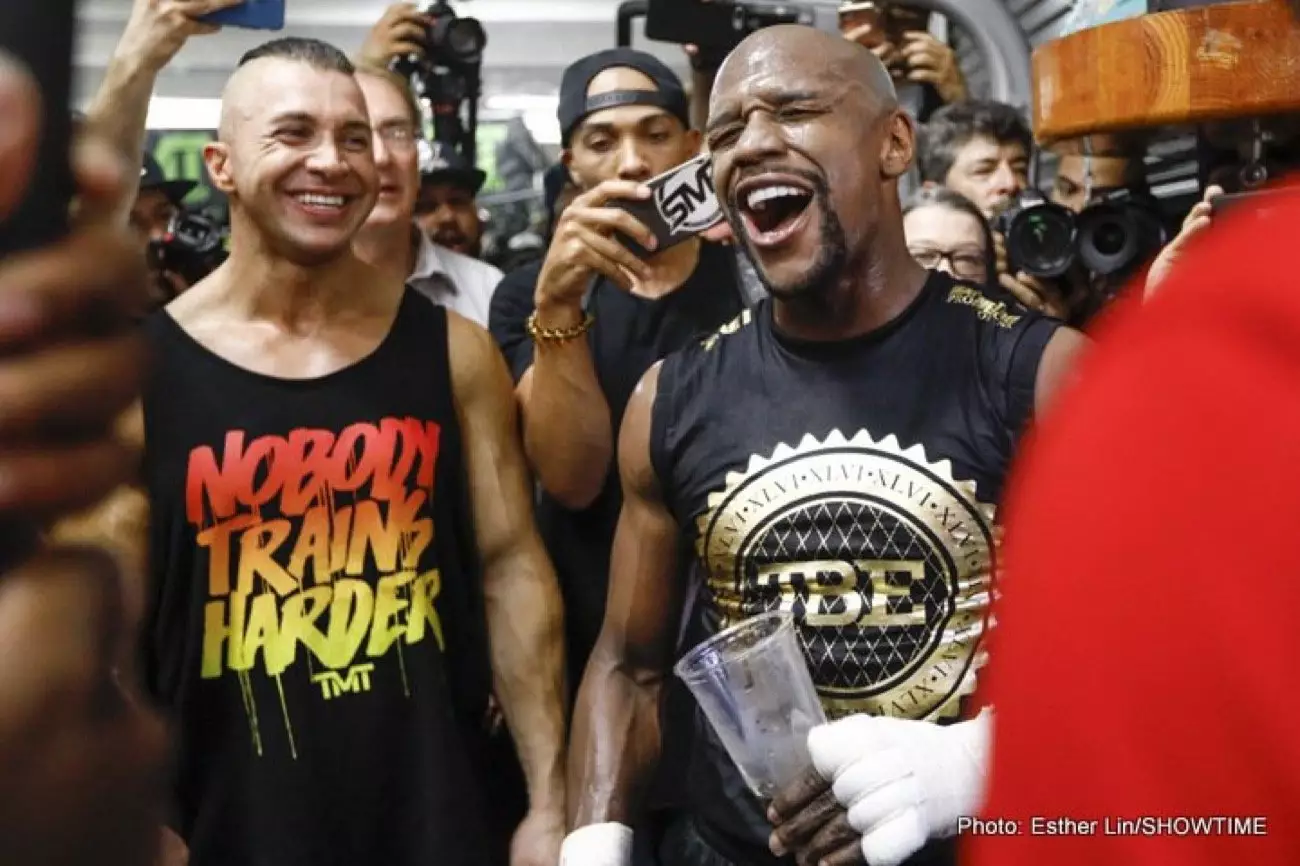Floyd Mayweather Jr., an icon within the boxing realm, is often celebrated for his unmatched prowess inside the ring, but equally for his extravagant lifestyle. With claims of amassing over a billion dollars through both his boxing career and astute investments, Mayweather embodies the quintessential image of success. However, the glossy surface has been challenged recently, particularly by social media’s provocateur Jake Paul. Paul, along with analyst Stephen A. Smith, raised eyebrows with insinuations regarding Mayweather’s financial health. Suddenly, the question arises: Is the immense wealth that Mayweather flaunts merely an illusion?
Responding to the Doubts
Mayweather responded to these claims with characteristic bravado, asserting that he is far from bankrupt. His comments reflect not only defensiveness but a pointed rebuttal against those who question his financial acumen. Declaring ownership of multiple private jets and a portfolio of real estate encompassing numerous buildings, he paints a picture of thriving, not struggling. Mayweather’s emphasis on generational wealth indicates a long-term vision that goes beyond mere accumulation; he seeks to secure financial stability for future generations, a goal that transcends the sport itself.
Mayweather explained, “I kept thinking about life after boxing,” revealing a thoughtful approach to life post-retirement. His venture into real estate seems calculated, and his focus on scaling his wealth hints at a person who remains firmly grounded despite the accusations tossed in his direction. The narrative he crafts is one of perseverance, hard work, and resilience in a sporting world that is littered with cautionary tales of financial ruin.
The Dark Side of the Ring
Boxing is notorious for its harrowing stories of once-great champions falling from graces, often due to financial mismanagement. Mayweather’s financial saga stands in stark contrast. It’s undoubtedly true that many fighters face dismal consequences post-career, making Mayweather an anomaly in a sport where the odds frequently conspire against successful long-term wealth management. The boxing community, rife with tales of faded glory and bankruptcy, naturally leads to heightened scrutiny of anyone who flaunts their wealth. Critics are always ready to predict failure, emphasizing the saying that the higher you soar, the harder you fall.
As people take potshots at Mayweather, it’s essential to embrace critical thinking rather than follow the crowd. His financial strategies may not resonate with the traditional pathways to success, yet they are remarkably effective for him. Whether or not that strategy can be universally applied remains debatable, but it warrants respect for its unique approach.
The Future of Mayweather
Could Mayweather make a return to the ring, even in an exhibition capacity? With multiple lucrative opportunities remaining, the sports world has not entirely seen the last of him. Recent claims that he earns an astonishing $300 million monthly only adds to the mystique surrounding his financial capabilities. If he can command such figures, then the narrative of his struggle seems far-fetched.
So, could his opponents like Paul and Smith be wrong? As Mayweather himself stated, if that state is categorized as being ‘broke,’ then the definition of financial stability may need reevaluation. The tale of Floyd Mayweather Jr. serves as a reminder that in life, particularly within the convoluted landscape of professional sports, appearances can be deceptive, and oftentimes, success is more nuanced than it seems.

